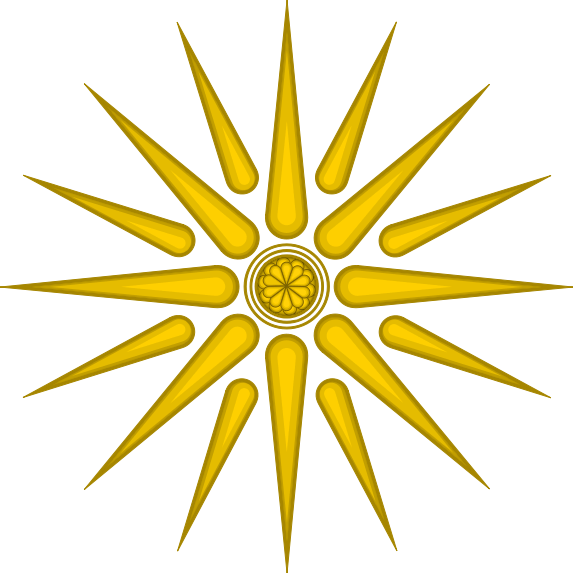|
Aretis
Aretis (Greek: ) was the anaboleus riding-servant of Alexander the Great in the battle of Granicus The Battle of the Granicus in May 334 BC was the first of three major battles fought between Alexander the Great of Macedon and the Persian Achaemenid Empire. The battle took place on the road from Abydus to Dascylium, at the crossing of the G .... References *Who's who in the age of Alexander the Great: prosopography of Alexander's empire Soldiers of Alexander the Great 4th-century BC people {{AncientGreece-bio-stub ... [...More Info...] [...Related Items...] OR: [Wikipedia] [Google] [Baidu] |
Battle Of Granicus
The Battle of the Granicus in May 334 BC was the first of three major battles fought between Alexander the Great of Macedon and the Persian Achaemenid Empire. The battle took place on the road from Abydus to Dascylium, at the crossing of the Granicus in the Troad region, which is now called the Biga River in Turkey. In the battle Alexander defeated the field army of the Persian satraps of Asia Minor, which defended the river crossing. After this battle, the Persians were forced on the defensive in the cities that remained under their control in the region. Background After winning the Battle of Chaeronea in 337 BC, king Philip II of Macedon forced most of the Greek states into a military alliance, the Hellenic League. Its goal was to make war on the Persian Achaemenid Empire to avenge the second Persian invasion of Greece in 480 BC. He managed to convince the other Greek states to elect him as the leader of the League and started preparing for the war. At the same time ... [...More Info...] [...Related Items...] OR: [Wikipedia] [Google] [Baidu] |
Alexander The Great
Alexander III of Macedon ( grc, wikt:Ἀλέξανδρος, Ἀλέξανδρος, Alexandros; 20/21 July 356 BC – 10/11 June 323 BC), commonly known as Alexander the Great, was a king of the Ancient Greece, ancient Greek kingdom of Macedonia (ancient kingdom), Macedon. He succeeded his father Philip II of Macedon, Philip II to the throne in 336 BC at the age of 20, and spent most of his ruling years conducting a lengthy military campaign throughout Western Asia and ancient Egypt, Egypt. By the age of thirty, he had created one of the List of largest empires, largest empires in history, stretching from Greece to northwestern Historical India, India. He was undefeated in battle and is widely considered to be one of history's greatest and most successful military commanders. Until the age of 16, Alexander was tutored by Aristotle. In 335 BC, shortly after his assumption of kingship over Macedon, he Alexander's Balkan campaign, campaigned in the Balkans and reasserted control ... [...More Info...] [...Related Items...] OR: [Wikipedia] [Google] [Baidu] |
Soldiers Of Alexander The Great
A soldier is a person who is a member of an army. A soldier can be a conscripted or volunteer enlisted person, a non-commissioned officer, or an officer. Etymology The word ''soldier'' derives from the Middle English word , from Old French or , meaning mercenary, from , meaning shilling's worth or wage, from or , shilling. The word is also related to the Medieval Latin , meaning soldier (literally, "one having pay"). These words ultimately derive from the Late Latin word , referring to an Ancient Roman coin used in the Byzantine Empire. Occupational designations In most armies use of the word "soldier" has taken on a more general meaning due to the increasing specialization of military occupations that require different areas of knowledge and skill-sets. As a result, "soldiers" are referred to by names or ranks which reflect an individual's military occupation specialty arm, service, or branch of military employment, their type of unit, or operational employment or technica ... [...More Info...] [...Related Items...] OR: [Wikipedia] [Google] [Baidu] |

